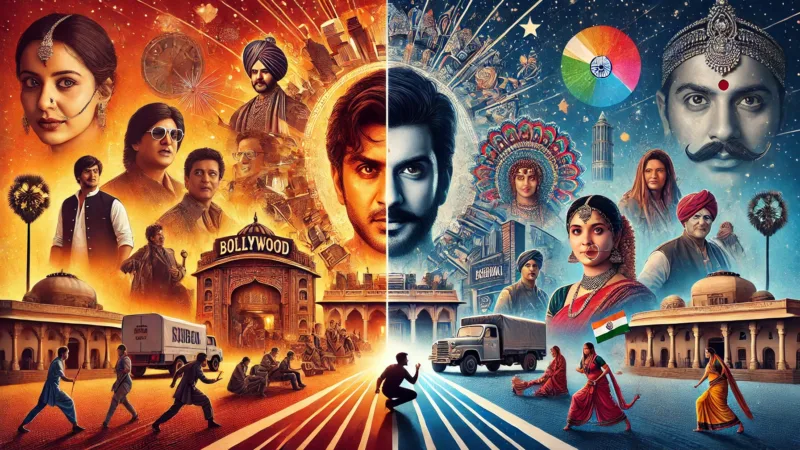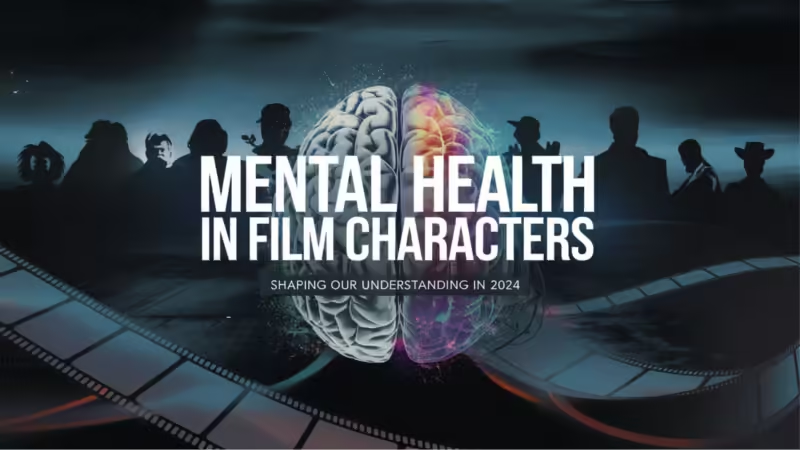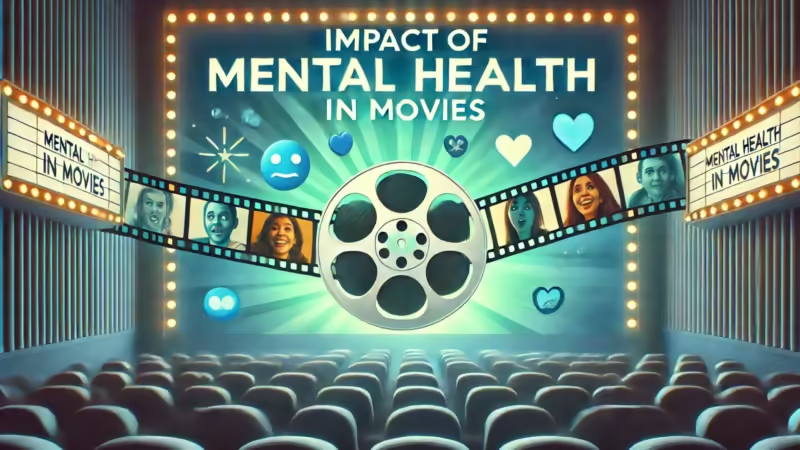Mental health analysis of Joker 2019
The 2019 film “Joker,” directed by Todd Phillips and featuring Joaquin Phoenix, explores mental health deeply. This article analyzes the portrayal of mental illness in “Joker,” focusing on the main character, Arthur Fleck.
1. Arthur Fleck: Struggling with Mental Illness
Arthur Fleck struggles with depression and anxiety. The film shows how isolation and societal rejection affect his mental state. His delusions and hallucinations illustrate the complexities of mental illness.
Key Insight: Mental illness is multifaceted, involving genetic, environmental, and social factors, not just personal failure.
2. Societal Neglect and Its Impact
The film highlights societal neglect’s impact on mental health. Arthur faces constant ridicule from others, contributing to his downward spiral. The lack of empathy in his community exacerbates his struggles. Arthur’s experience with mental health services shows systemic failures.
Key Insight: Society must address mental health issues with compassion and better support systems.
3. Trauma’s Role in Shaping Behavior
Trauma significantly shapes Arthur’s character. His abusive upbringing leaves lasting psychological scars. The film illustrates how unresolved trauma can lead to aggression and instability.
Key Insight: “Joker” highlights the importance of addressing childhood trauma to prevent future deterioration.
4. Blurring the Line Between Sanity and Insanity
The film questions what drives Arthur’s actions. His transformation into the Joker blurs the lines between sanity and insanity. The story encourages empathy for his struggles while confronting the consequences of violence.
Key Insight: “Joker” challenges mental illness stigma, showing that extreme actions can stem from profound suffering.
5. Misrepresentation of Mental Illness in Media
“Joker” raises concerns about how media portrays mental illness. The film links violence to Arthur’s condition, which can perpetuate harmful stereotypes. This representation may lead to misconceptions about those with mental health issues.
Key Insight: Responsible storytelling is essential for accurately representing mental health without reinforcing negative stereotypes.
Conclusion
The 2019 film “Joker” comments on mental health and societal neglect. Arthur Fleck’s character illustrates the complexities of mental illness. The film invites reflection on our understanding of mental health and the importance of support. For more insights, follow us on Facebook and Instagram.
Explore our other articles related to mental health in film:
By engaging with these issues, we can better support those who struggle with mental health challenges.
Here are some external links to resources related to mental health, trauma, and media portrayal that would complement this article on the “Joker” film:
- National Alliance on Mental Illness (NAMI) – A comprehensive resource for mental health information, advocacy, and support.
- Mental Health America – An organization focused on mental health education, advocacy, and support resources.
- American Psychological Association (APA) – Offers research and articles about mental health issues, including trauma and its effects.
- The World Health Organization (WHO) – Provides global information on mental health, including reports and statistics on mental illness.
- The Trauma Center – Focuses on trauma treatment and education, providing resources on understanding and addressing trauma.
- Mind (UK) – A mental health charity that provides advice and support to anyone experiencing mental health problems.
- Psychology Today – Offers articles, blogs, and resources on various mental health topics, including media portrayals of mental illness.
- The Center for Mental Health Services (CMHS) – Provides information on mental health services and policy.
These resources can provide you with valuable insights into mental health issues and support services, enhancing their understanding of the themes presented in the film “Joker.”










